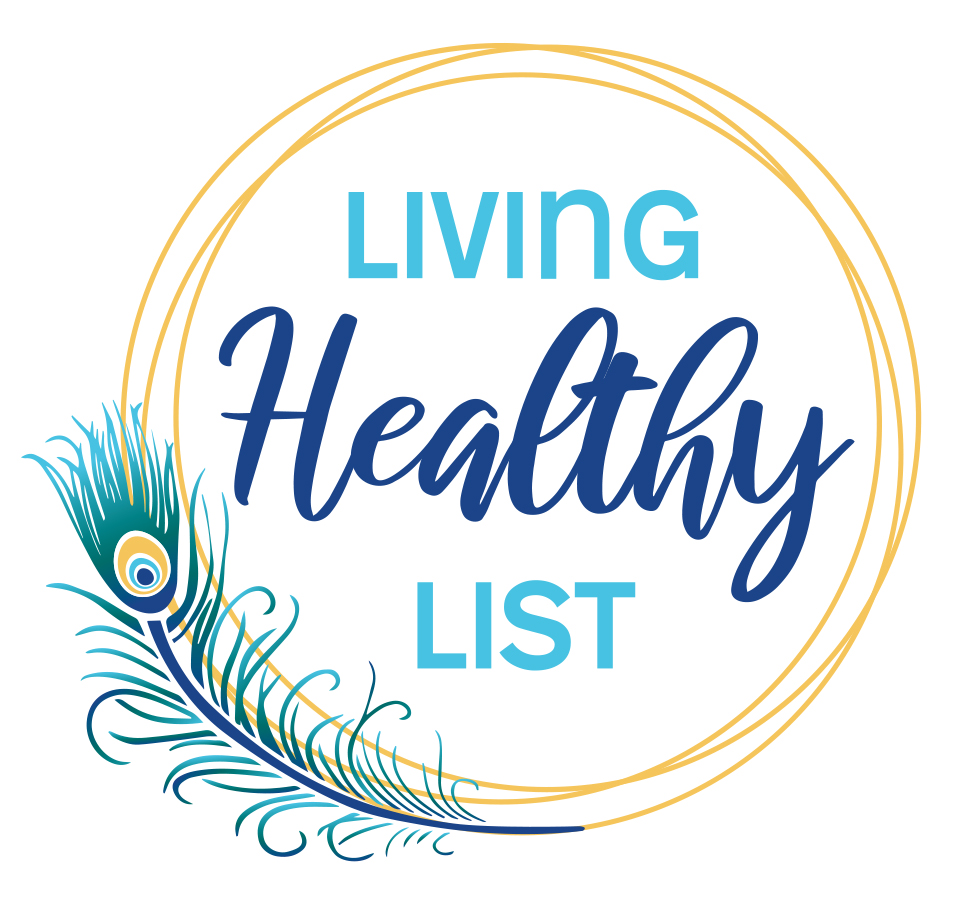For many years, my husband and I exercised and “ate healthily.” We cut down on carbs and focused on lean meat and veggies for our dinners.
We worked hard all week so felt we deserved to “take the weekends off” which usually meant overindulging way too much for 3 days.
During the week, we missed having rice and potatoes and would have enjoyed more fruit. But we believed the carb restriction was healthy and would help keep weight off (and that we needed to do it to make up for the carefree weekends!)
Then my husband went in for his checkup and the doctor told him his sugar was high – he was pre-diabetic, his cholesterol was high and the doctor wanted to start him on medications…WHAT!??!?
About this time I had been immersing myself in the American
College of Lifestyle Medicine Core Curriculum which was teaching me the truth about foods and how every bite we eat is either contributing to disease or preventing it!
Here is a glimpse of what I learned.
Fats, proteins, and carbohydrates are big categories of foods known as macronutrients. They have been the focus of many nutritional debates for many years. Should you be on a low carb or low-fat diet?
The truth is, the focus has been on the wrong thing. The reason is… not all carbs are the same, not all proteins are the same and not all fats are the same.
There’s been a ton of research that looks at foods on a deeper level so we now we know how important the individual components of
each food is.
Fiber, antioxidants, vitamins, and minerals are examples of the little gems that make foods healthy. Each food (whether it’s a carb, protein or fat) can vary significantly based on the nutrients they contain or lack.
Let’s look at each food group in detail to see why this matters so much.
Carbohydrates “Carbs”
Chocolate cake and cookies fall into the carbohydrate category and so does brown rice and fruit. However, the overall makeup of the food and what’s in it is what we should all care about!
In our culture, most of what people eat that are considered carbs are processed, refined (once upon a time) whole foods. Most of the fiber, antioxidants, and phytonutrients (healthy substances found in plants believed to promote health and prevent disease) have been stripped away.
Simply put, all the good has been taken away and what you’re left with is, well, all the bad!
There are also many other “things” added to these refined foods (but this is a discussion for another time!) none of which are health-promoting.
When you eat foods like these, they are absorbed into the bloodstream rapidly which can wreak havoc on your body, including helping you to gain weight!
Carbs are necessary to live. Glucose is the main energy source for all of our cells. However, it’s much healthier when the carbohydrates are absorbed slowly into the bloodstream from our gut.
Whole foods such as fruit, whole grains, and legumes are considered “high carb” but they affect our bodies much differently than the simple, processed carbohydrates do. They contain fiber, antioxidants, and phytonutrients. The benefits of these are many,
- Keep us feeling fuller longer
- They have anti-cancer properties
- They prevent aging.
- They also reverse much of the damage that’s done from eating harmful foods.
Significantly limiting these healthy carbs deprives us of the many health benefits.
Protein
Until I learned the truth about food, I thought I had to eat meat in order to get enough protein. It turns out, nothing could be further from the truth! Proteins are found in animals and proteins are found in whole plant foods. And guess where the animals got their protein? You guessed it, PLANTS!
It may be hard to believe, but we can live off plants and get all the protein we need. In fact, most Americans eat much more protein than is actually needed to live a healthy, long life.
Many people feel that they need to eat animal protein to feel full but if you changed your focus from animal protein to plant fiber, you could eat more, feel full and lose weight!
Plant protein comes with the benefit of fiber and animal protein comes with the risk of cholesterol and saturated fat! There are many other reasons to avoid or cut back on animal proteins but I will not be covering those in this article.
Whole foods that are high in protein include legumes (such as lentils or soybeans); whole grains (such as quinoa and brown rice); and veggies (such as spinach and broccoli.) In fact, green vegetables have a significant amount of protein per calorie compared to other foods!
So, eat those greens!!
Fats
All fats can lead to weight gain and most people eat too much fat. But, fats are definitely not created equal. Trans fats and saturated fats are the ones you want to stay away from…if you want to create a long, healthy vibrant life!
But don’t worry, there are healthy fats which are needed for great health!
Trans fats are found in many processed foods. They are used to preserve the products for long shelf life. Trans fats are also found in oils used to fry foods. They are the most damaging of all the fats.
- Trans fats interfere with the natural production of healthy fatty acids,
- Promote heart disease,
- They are cancer-promoting
- Raise cholesterol
The FDA allows manufacturers to put 0g of trans fats even if they do contain up to 0.5mg of trans fats. No amount of trans fats is considered “safe.” If you find a product that states 0g of trans fats, look for the words
“hydrogenated oils” in the ingredients to spot them. If you see it, put it back on the shelf!
Saturated fat leads to coronary artery disease and type 2 diabetes and are found in meat and dairy products. Lowering the amount of saturated fat is important to maintain heart health. Fatty streaks caused by saturated fat are found in the blood vessels of children a telltale sign that it’s never too early to start eliminating saturated fat!
There are other fats which are essential to our health known as “healthy fats.” Some are better than others. There needs to be a proper balance of these fats which can get pretty complicated. A diet centered around animal products and vegetable oils (frequently found in processed
foods) leads to an imbalance of these fatty acids and increases the risk of disease.
Eating more whole plant foods such as ground flaxseeds, walnuts, avocados, and soybeans leads to better balance and less disease.
One important thing to keep in mind is that all oils are processed. Even olive oil is processed from a whole food leaving minimal nutrients behind. Healthy nutrition does not require any amount of oils and often leads to people ingesting too many extra calories.
It can easily get overwhelming to think about all the different kinds of carbs, proteins, and fats. However, a very simple trick is to eat mostly whole foods; foods as you would find them in nature.
Of course, there may be specific reasons someone must avoid certain foods due to health conditions or weight loss goals, but if you eat a variety of vegetables, legumes, fruit, whole intact grains, nuts and seeds it is possible to get enough carbs, protein, and fats.
More importantly, you will get the cancer-fighting, heart-healthy and mind sharpening nutrients your body was made to eat and enjoy!
Moral of the story
To get back to my husband; he decided not to take the medication but instead focused on increasing his intake of whole plant foods and decreasing everything else he was eating and drinking. This resulted in weight loss, his cholesterol dropped 20% and his glucose normalized!
For more information on how to live a healthier lifestyle or to create a plan that will support you with your specific health goals connect with me here.

Debbie Movsesian is a physician assistant and a health coach. She graduated from the University of Michigan and attended PA school at George Washington University. She has many years of experience treating cardiac patients. Her passion is health promotion and disease prevention and treating the root cause of disease. This passion led her to start coaching as she believes it is the education plus close support and accountability that truly inspires long-lasting health.

